The week's good news: April 13, 2023
It wasn't all bad!

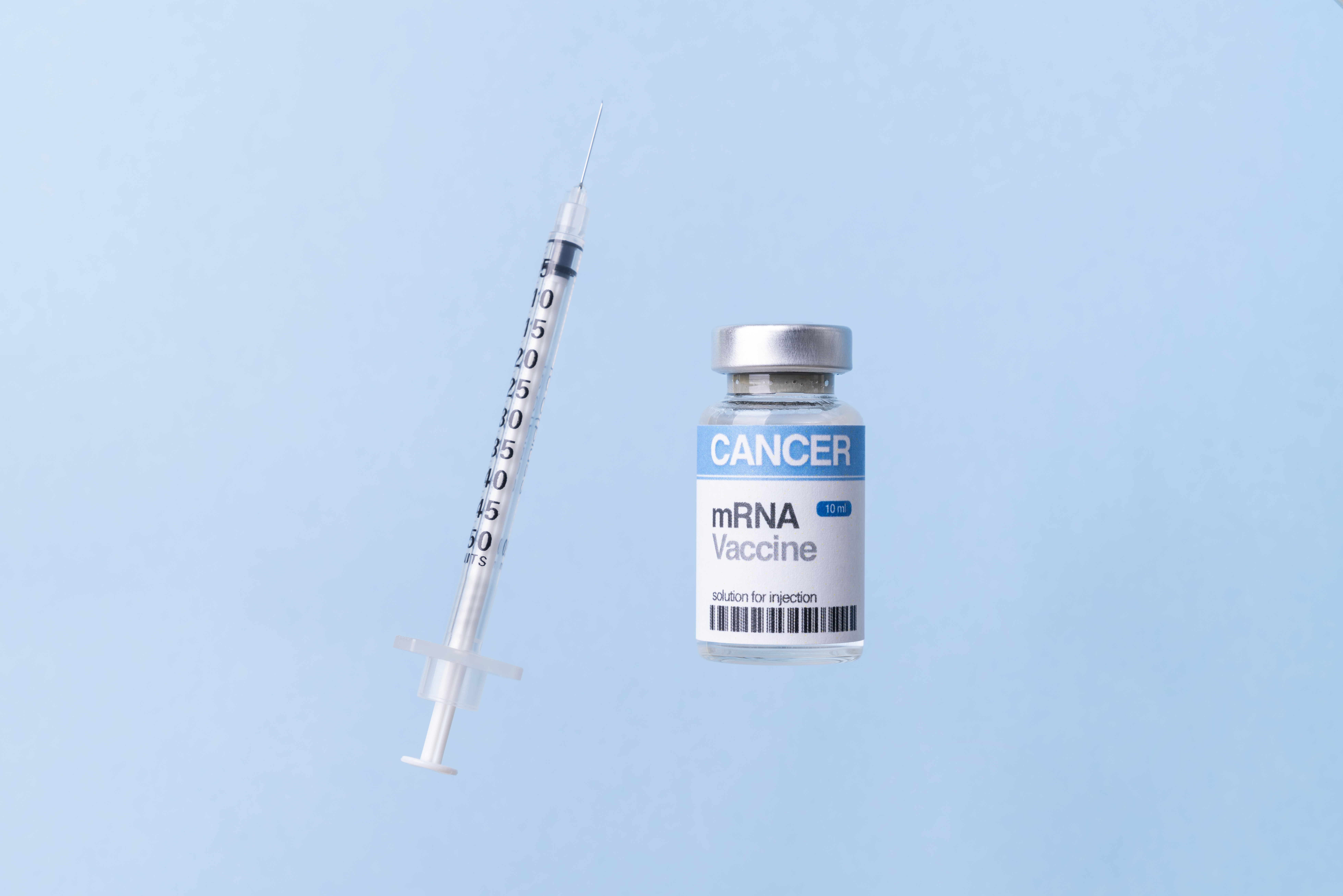
- 1. The art of poetry is alive and well in South Los Angeles
- 2. Researchers hopeful vaccines for cancer, heart disease will be ready by 2030
- 3. Doctoral student designs plastic windows for use in Ukraine
- 4. This teacher in Kenya found a way to turn motorbikes electric with old laptop batteries
- 5. Senior living community staffer connects with residents through manicures
A free daily email with the biggest news stories of the day – and the best features from TheWeek.com
You are now subscribed
Your newsletter sign-up was successful
1. The art of poetry is alive and well in South Los Angeles
Hiram Sims' lifelong love of poetry is now benefiting his neighborhood in South Los Angeles. "Poetry's like a frequency that I can hear above all other frequencies," Sims told The Christian Science Monitor, and he has long been inspired by everything from the words of Edgar Allan Poe to the rhymes of The Notorious B.I.G. A creative writing and composition professor with three books of poetry under his belt, he launched the Community Literature Initiative (CLI) to help local poets polish their manuscripts and connect with presses. Many students couldn't afford to buy books and found their libraries didn't have robust poetry sections, so Sims bought 80 tomes, put them in a suitcase, and started dropping them off to students. One called the suitcase "the little Sims library of poetry," and Sims thought this was an "incredible concept." With the support of friends and family, in 2020 Sims opened the Sims Library of Poetry. It has comfortable spaces for reading, writing, studying, workshops, open mics, and performances, and is home to 9,000 poetry books, many of them donated.
2. Researchers hopeful vaccines for cancer, heart disease will be ready by 2030
Studies into vaccinations for cancer and cardiovascular and autoimmune diseases are showing "tremendous promise," Dr. Paul Burton, chief medical officer of Moderna, told The Guardian, with the success of COVID-19 mRNA vaccines accelerating this technology. As The Guardian explains, "therapies based on mRNA work by teaching cells how to make a protein that triggers the body's immune response against disease." Burton thinks his pharmaceutical company will offer treatments for "all sorts of disease areas" by 2030, and is developing cancer vaccines targeting multiple types of tumors. By offering personalized cancer vaccines, it will "save many hundreds of thousands, if not millions, of lives," Burton said. He estimates that 10 years from now, "we will be approaching a world where you truly can identify the genetic cause of a disease and, with relative simplicity, go and edit that out and repair it using mRNA-based technology."
The Week
Escape your echo chamber. Get the facts behind the news, plus analysis from multiple perspectives.

Sign up for The Week's Free Newsletters
From our morning news briefing to a weekly Good News Newsletter, get the best of The Week delivered directly to your inbox.
From our morning news briefing to a weekly Good News Newsletter, get the best of The Week delivered directly to your inbox.
3. Doctoral student designs plastic windows for use in Ukraine
Through the Insulate Ukraine project, Harry Blakiston Houston is replacing glass windows across the country damaged by bullets and bombs with a window he designed made of polyethylene, PVC piping, pipe insulation, and duct tape. A biotechnology PhD student at Cambridge University, Blakiston Houston is taking a break from his studies to set up Insulate Ukraine. His goal is to have facilities in several Ukrainian cities, where locals can put together the plastic windows in about 15 minutes. His design has four layers of insulation, and costs about $15 per square meter to make. So far, hundreds of windows have been installed, and Blakiston Houston said Insulate Ukraine is "essentially empowering Ukrainians because we're giving them a way to solve this problem for themselves. All we have to do is show them how to build the windows and help them to get hold of the materials."
4. This teacher in Kenya found a way to turn motorbikes electric with old laptop batteries
Old laptop batteries are getting new life, thanks to Kenyan high school teacher Paul Waweru. He gathers the batteries, find cells that hold a good charge, and uses them for battery packs that replace the internal combustion engines in gas-powered bikes, making them electric. It takes about 45 minutes to fully charge the battery pack, which can then go for 60 miles. Waweru launched a company for these e-bikes called Ecomobilus, and said they are "more advantageous compared to other gasoline-powered bikes" because there's really no maintenance required. They also help with air pollution, and are especially popular with people who need to zip around town and want to avoid high gas prices. Delivery driver John Mwangi told USA Today he bought an Ecomobilus electric bike and is happy that it costs much less than his old gas-powered bike. "It consumes less time, it's efficient, and I save on fuel," he said.
A free daily email with the biggest news stories of the day – and the best features from TheWeek.com
5. Senior living community staffer connects with residents through manicures
Hearts, flowers, and even Easter bunnies...Marielle Smith can nail them all. Smith, 19, works part-time at the Good Samaritan Society - Ambassador senior living community in New Hope, Minnesota, and spends several hours a shift giving residents free manicures with nail art. Two of those residents, Toots Holland and Dee Lowell, encouraged Smith to go to beauty school, and the recent graduate, now a certified nail technician, enjoys practicing her newfound skills on them. "It's a talent, it truly is," Holland told KARE 11. This is a great way for residents to indulge in some self care, with Lowell saying, "I feel wonderful. That's one of the best things I can do for myself." The community's director of nursing, Kim Stoltzman, told KARE 11 residents are quick to show off their manicures, and "they're very proud of their nails. It just makes them feel good. It just adds so much joy to their day and their life."
Catherine Garcia has worked as a senior writer at The Week since 2014. Her writing and reporting have appeared in Entertainment Weekly, The New York Times, Wirecutter, NBC News and "The Book of Jezebel," among others. She's a graduate of the University of Redlands and the Columbia University Graduate School of Journalism.
-
 Sepsis ‘breakthrough’: the world’s first targeted treatment?
Sepsis ‘breakthrough’: the world’s first targeted treatment?The Explainer New drug could reverse effects of sepsis, rather than trying to treat infection with antibiotics
-
 James Van Der Beek obituary: fresh-faced Dawson’s Creek star
James Van Der Beek obituary: fresh-faced Dawson’s Creek starIn The Spotlight Van Der Beek fronted one of the most successful teen dramas of the 90s – but his Dawson fame proved a double-edged sword
-
 Is Andrew’s arrest the end for the monarchy?
Is Andrew’s arrest the end for the monarchy?Today's Big Question The King has distanced the Royal Family from his disgraced brother but a ‘fit of revolutionary disgust’ could still wipe them out
-
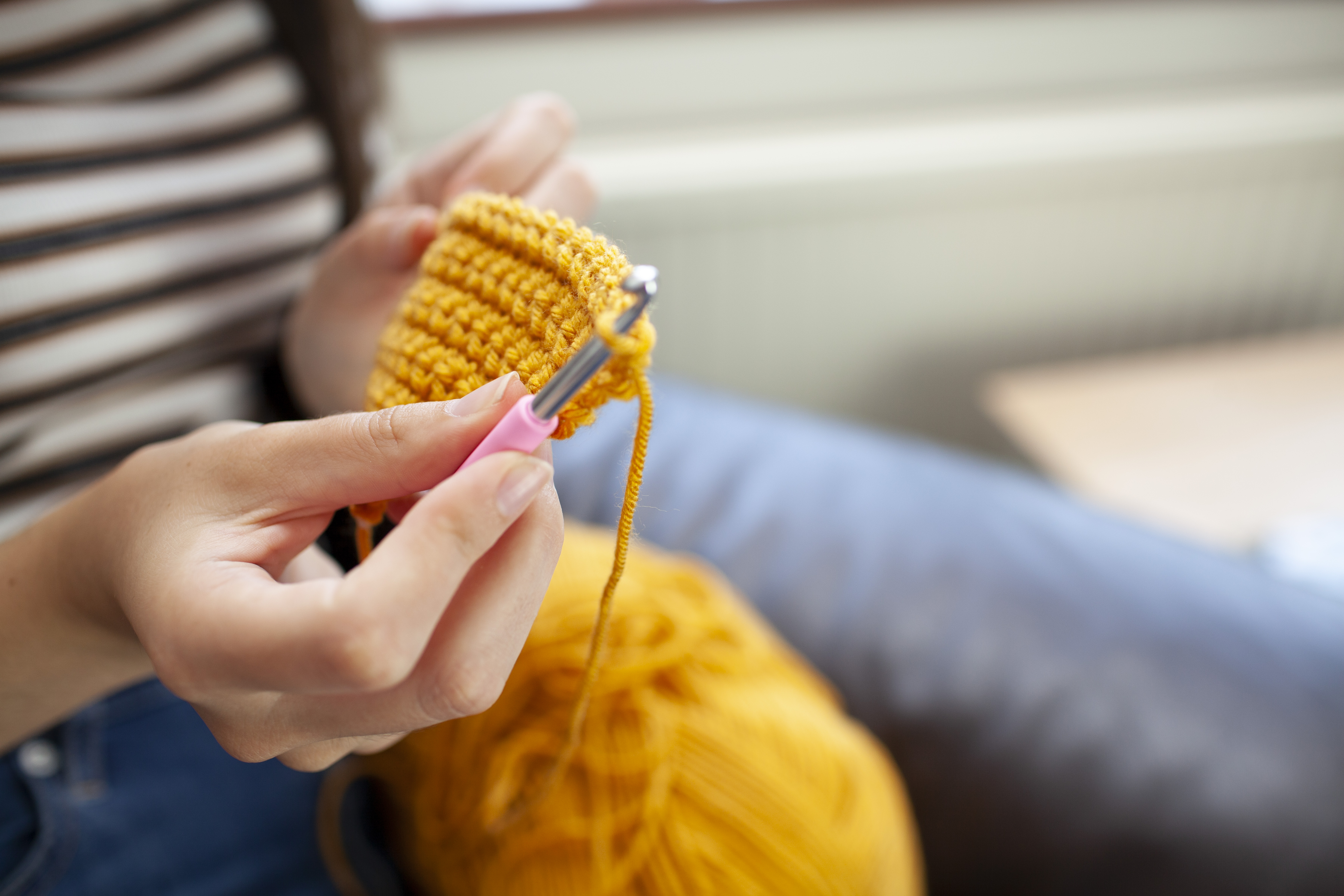 The week's good news: Jan. 18, 2024
The week's good news: Jan. 18, 2024Feature It wasn't all bad!
-
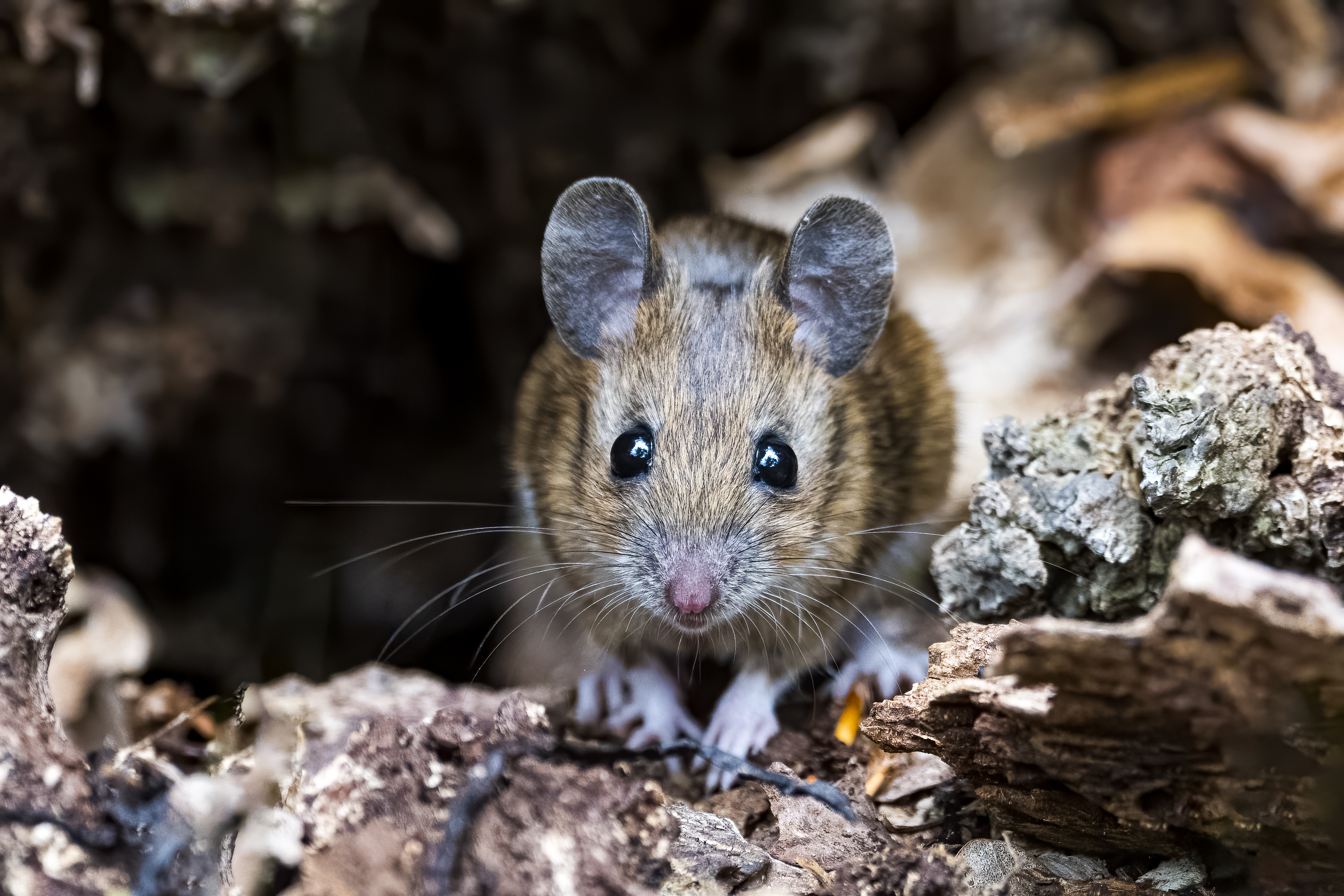 The week's good news: Jan. 11, 2024
The week's good news: Jan. 11, 2024Feature It wasn't all bad!
-
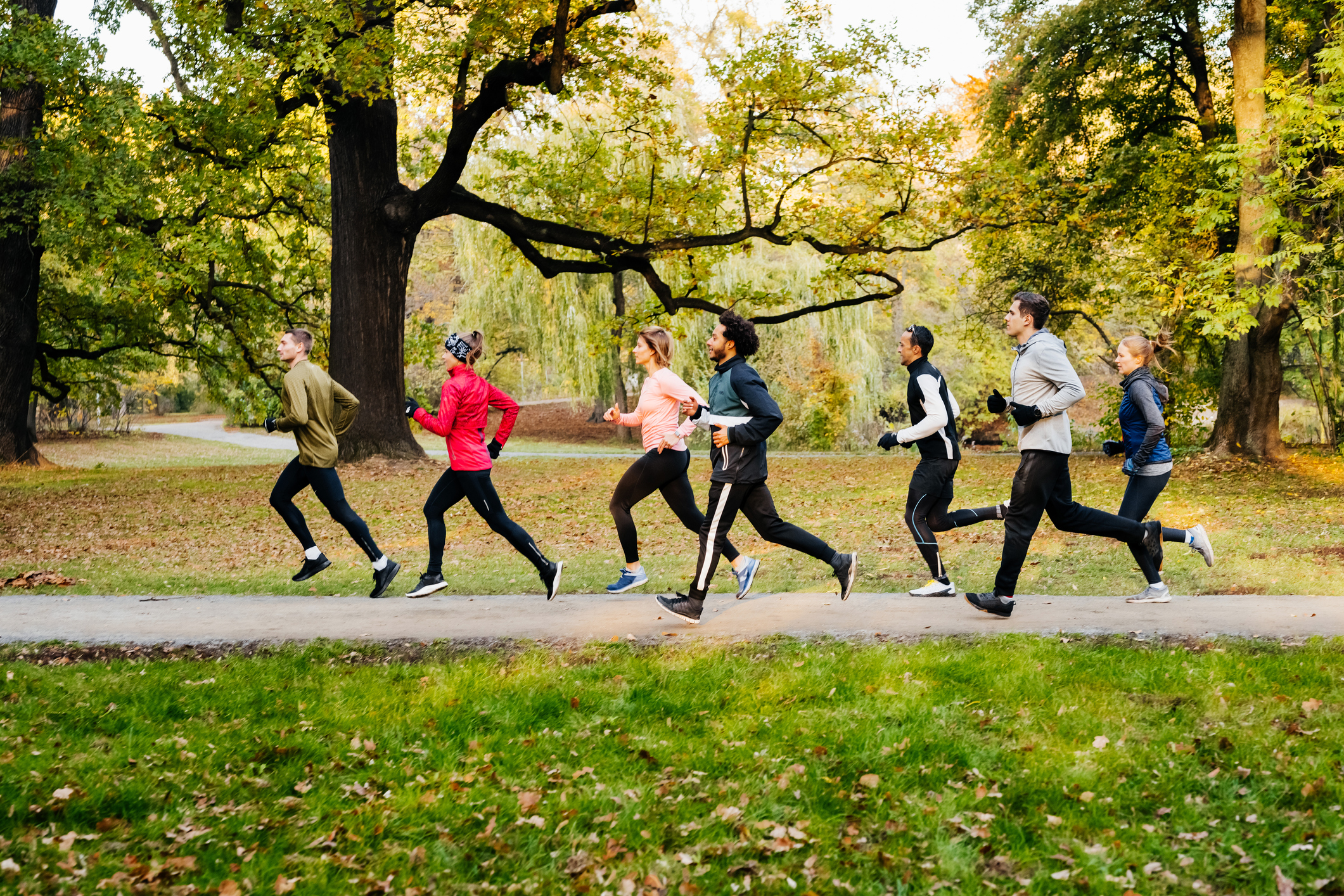 The week's good news: Jan. 4, 2023
The week's good news: Jan. 4, 2023Feature It wasn't all bad!
-
 The week's good news: Dec. 21, 2023
The week's good news: Dec. 21, 2023Feature It wasn't all bad!
-
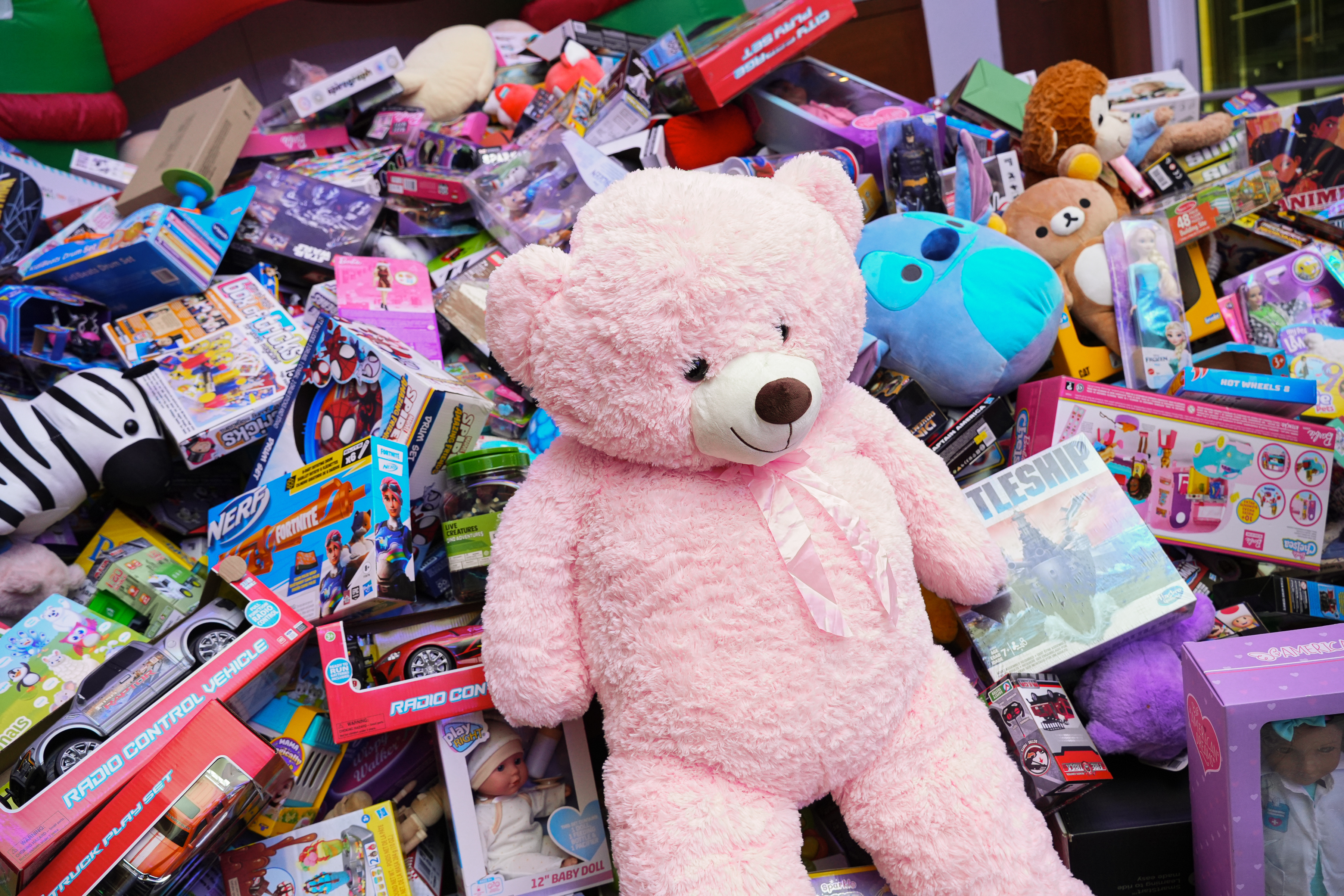 The week's good news: Dec. 14, 2023
The week's good news: Dec. 14, 2023Feature It wasn't all bad!
-
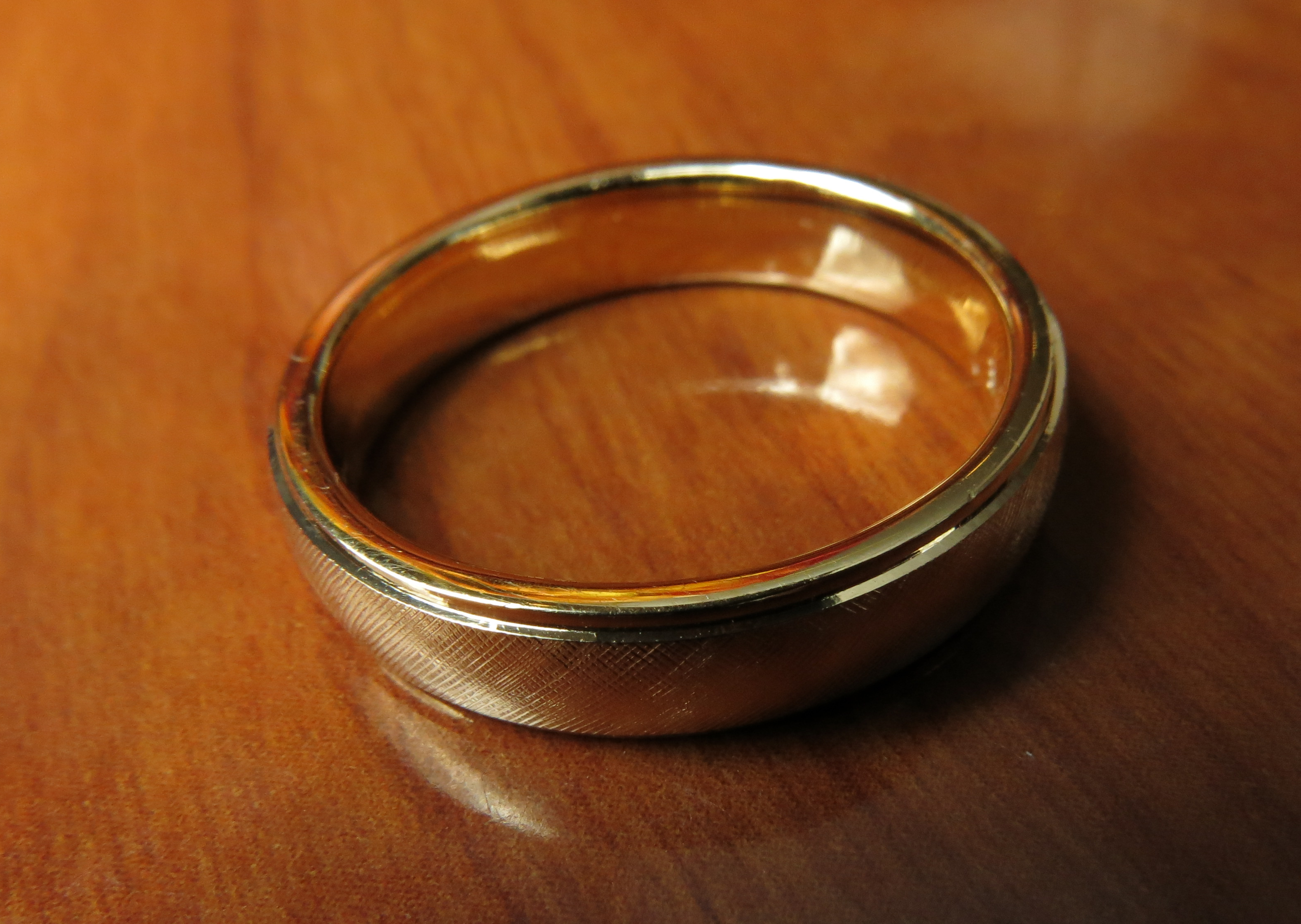 The week's good news: Dec. 7, 2023
The week's good news: Dec. 7, 2023Feature It wasn't all bad!
-
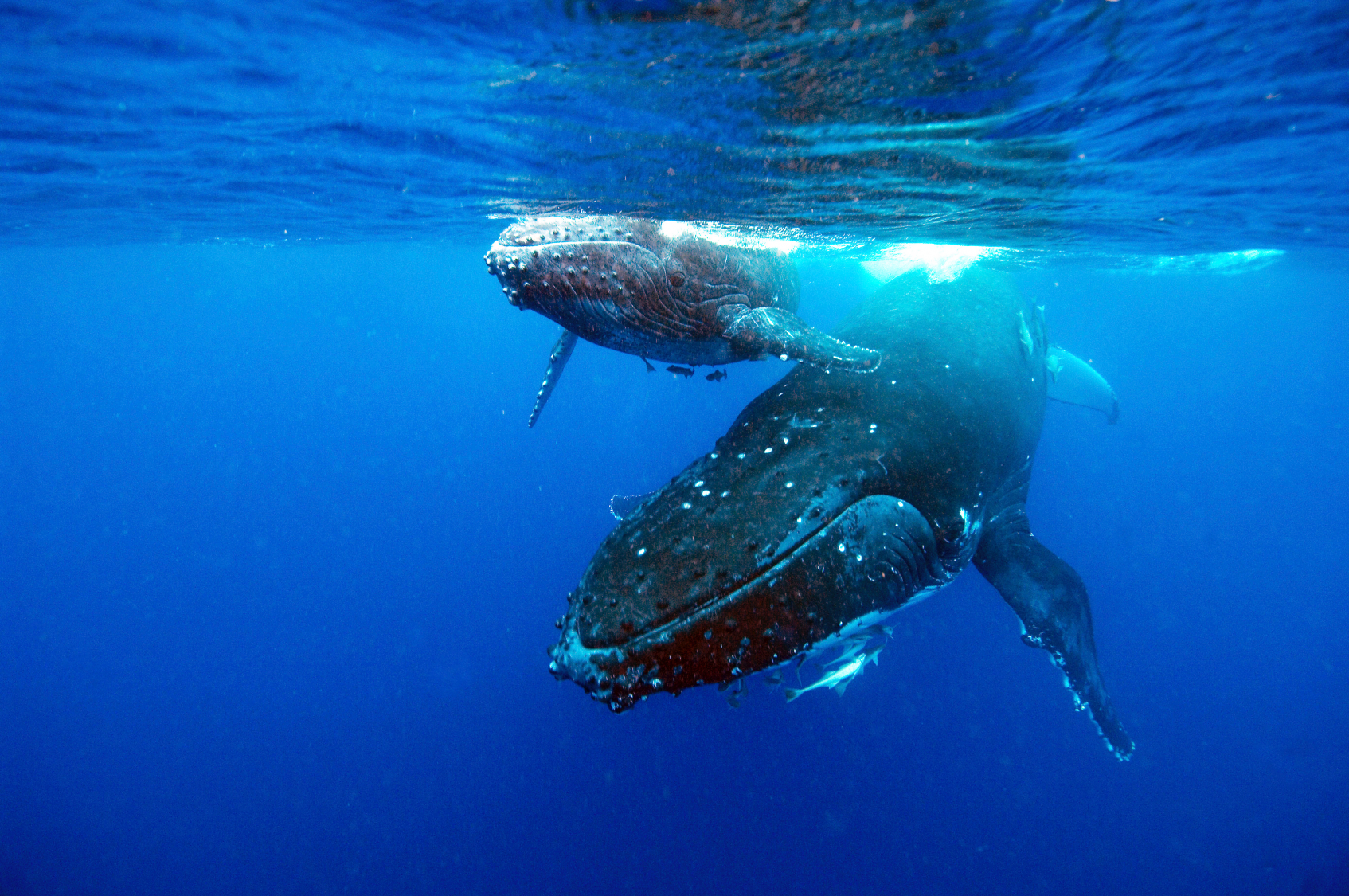 The week's good news: Nov. 30, 2023
The week's good news: Nov. 30, 2023Feature It wasn't all bad!
-
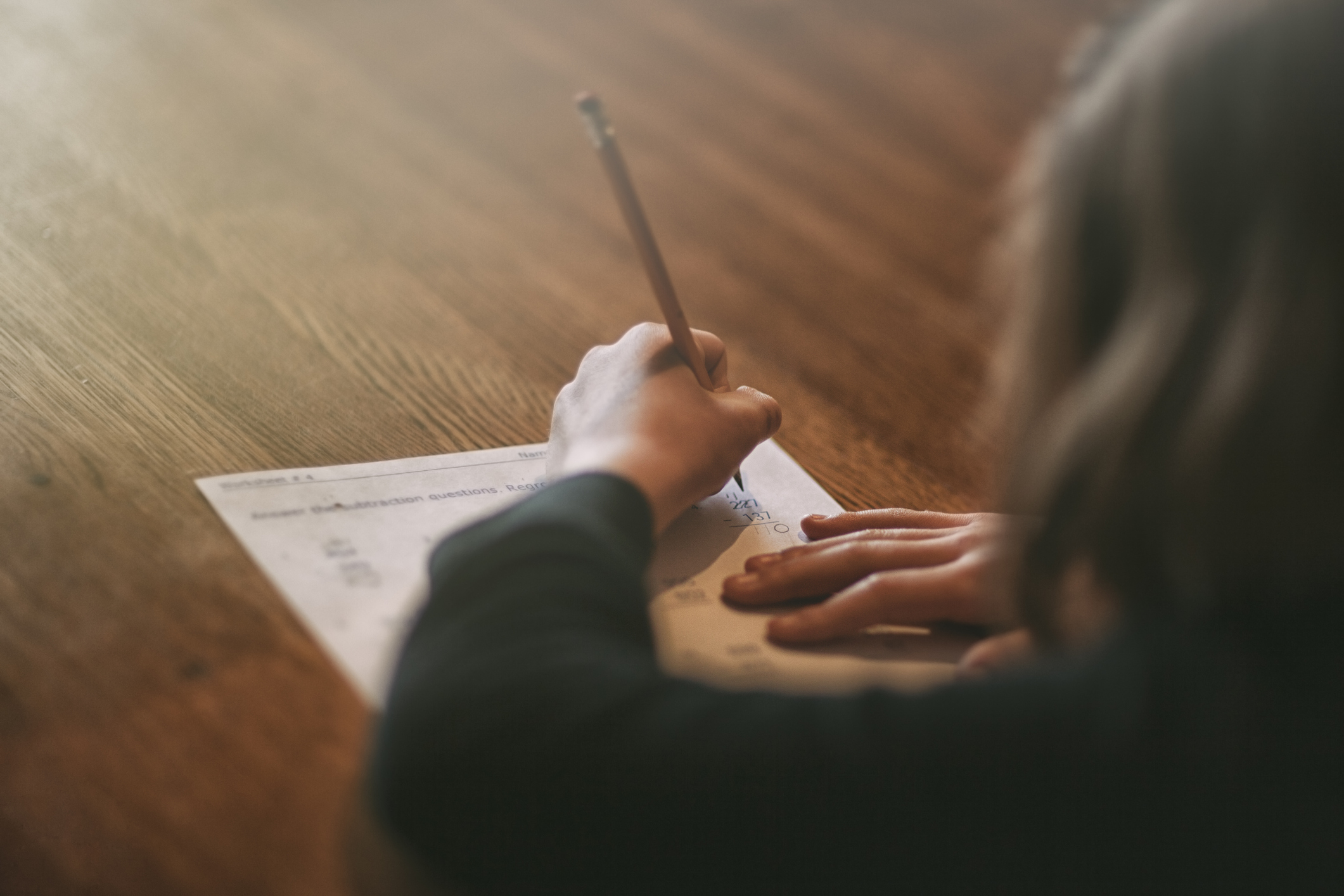 The week's good news: Nov. 16, 2023
The week's good news: Nov. 16, 2023It wasn't all bad!
